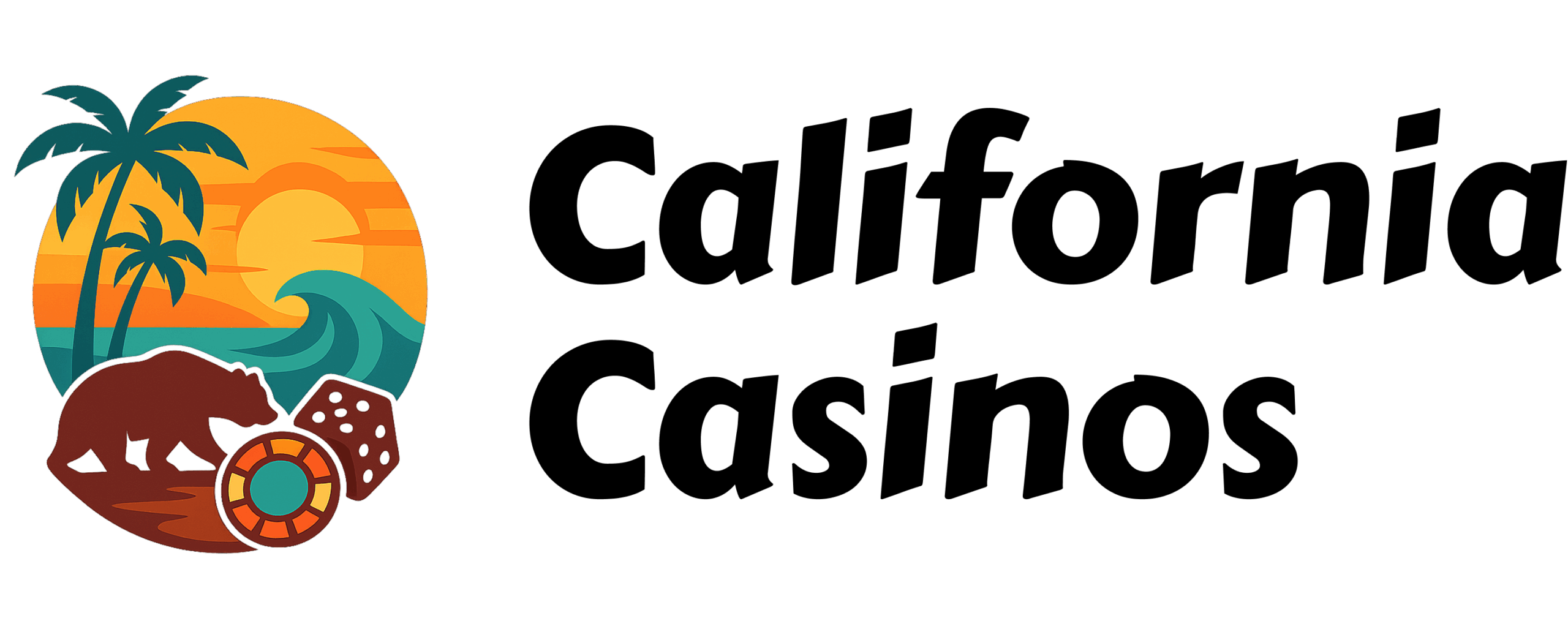Did you know that during a political campaign many of the Tweets and postings on Facebook are from paid bloggers, not real people. A good blogger could be paid $2500 a month for a campaign—most get between $500-1,000. They will smear opponents, lie about quotes, abuse data and in general confuse the public—while refusing to tell they are paid operatives. I will disclose that in one campaign I had such a blogger work for me—until the opponent outed him. No big deal, the opponent was also using a paid blogger.
The FPPC has decided that such people must announce themselves as operatives, not just interested citizens. This will be good for the process. Now if the FPPC could fine candidates that lie about their positions on issues that would be even better.
“The Fair Political Practice Commission’s decision, which has followed months of debate, requires the campaigns to publicly report payments of $500 or more to bloggers. The intent of the rule is to tell the public who is financing commentary, thus enabling voters to make informed decisions.
But some were skeptical about the state’s ability to enforce the new rule.”
FPPC okays new rules for Internet posts
By John Howard, Capitol Weekly, 09/19/13
California’s political watchdog has approved a rule forcing political campaigns to disclose when they pay bloggers to post comments on such social media sites such as YouTube, Twitter, Instagram, Facebook, Tumblr, as well as others.
The Fair Political Practice Commission’s decision, which has followed months of debate, requires the campaigns to publicly report payments of $500 or more to bloggers. The intent of the rule is to tell the public who is financing commentary, thus enabling voters to make informed decisions.
But some were skeptical about the state’s ability to enforce the new rule.
“Whenever you get more disclosure in campaigns, that’s a good thing,” said Phillip Ung of Common Cause, which advocates for transparency in politics.
“But it’s the Internet, and you’re trying to regulate how people act over the Internet. Social media, that’s a technology that changes almost monthly,” he added. “There are theories that within a year, this regulation will be outdated.”
A leading opponent of the regulation was Steve Maviglio, a campaign consultant, blogger and adviser to Assembly Speaker John Pérez, who said the regulation was deeply flawed and could limit free speech by campaign partisans posting on their own time.
“Although well intentioned, this new poorly-written FPPC regulation will create an avalanche of paperwork and chill the rise of social media in campaigns because it is unworkable and unenforceable,” Maviglio said.
“This started out by wanting bloggers to disclose and has become a regulation that will require every Tweet and Facebook post by a campaign staffer to be reported. It’s unfortunate the Commission was more interested in passing this regulation fast, rather than working to get it right.”







